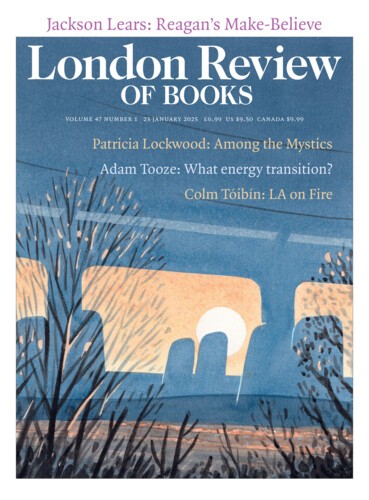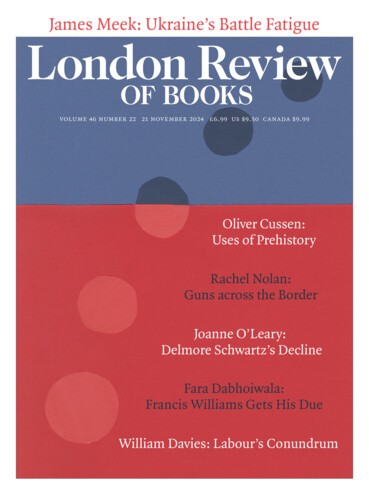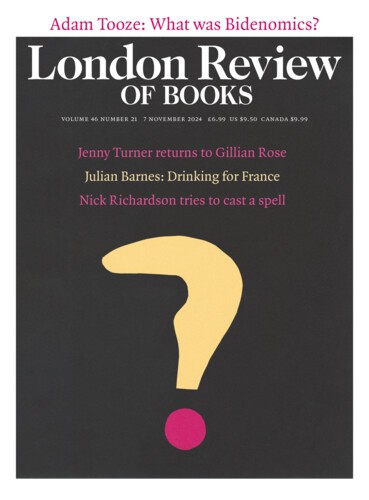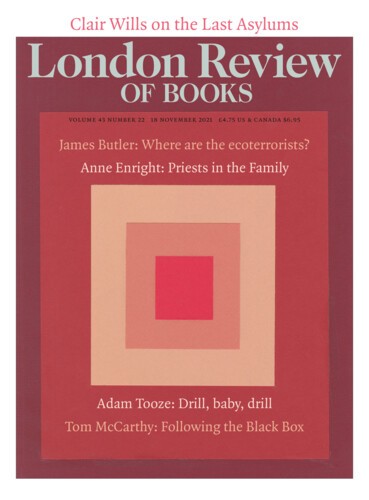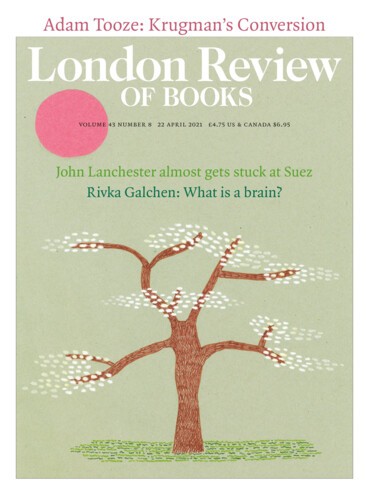Given the reality of the underlying conflict, division and strife are not to be regretted, but embraced – an essential Leninist lesson. To adopt an antagonistic stance is to do no more than respond adequately to the situation. As Andreas Malm and the Zetkin Collective conclude in White Skin, Black Fuel, ‘if nothing else, the anti-climate politics of the far right should shatter any remaining illusion that fossil fuels can be relinquished through some kind of smooth, reasoned transition ... A transition will happen through intense polarisation and confrontation, or it will not happen at all.’ From this point of view, the question isn’t whether liberal activists do or don’t want to engage in sabotage. If we keep to our current course, sabotage is coming. If it isn’t directed from the top, it will bubble up from below. The question is whether the mainstream climate movement can ready itself for the agonising dilemmas to come. Can it sustain its coherence and momentum in the face of crisis, violence, division and, quite likely, defeat?
The question isn’t whether liberal activists do or don’t want to engage in sabotage. If we keep to our current course, sabotage is coming. If it isn’t directed from the top, it will bubble up from below. The question is whether the mainstream climate movement can ready itself for the agonising dilemmas to come. Can it sustain its coherence and momentum in the face of crisis, violence, division and, quite likely, defeat?
